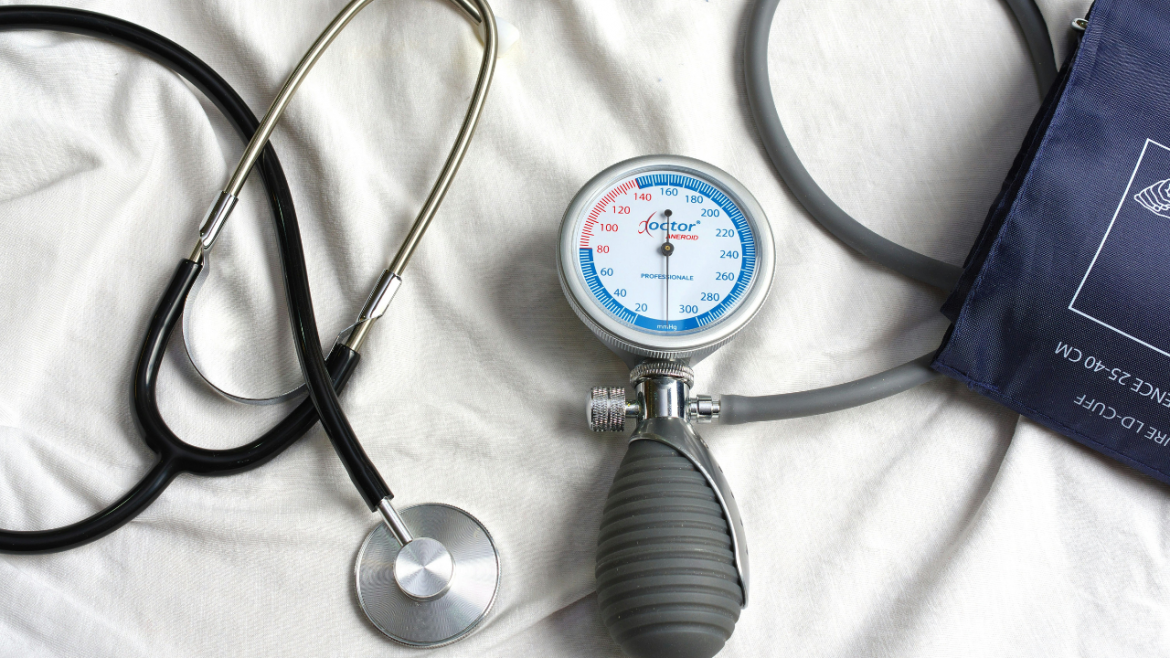Blood pressure is something we often overlook until it becomes a problem. But how do you know if your blood pressure is creeping into high territory, and what can you do about it naturally? Here’s how you can recognize the signs and some simple lifestyle changes that can help manage your blood pressure—but remember, these tips should complement, not replace, any medication or advice from your doctor.
What are the signs of high blood pressure?
High blood pressure, also known as hypertension, often goes unnoticed because it doesn’t always have obvious symptoms. That’s why it’s known as the “silent killer.” However, there are some signs that your blood pressure might be high:
- Frequent headaches: If you’re experiencing headaches more often than usual, it could be a sign that your blood pressure is elevated.
- Dizziness or light-headedness: Feeling dizzy or lightheaded is another potential indicator, especially if it happens frequently or without an obvious cause.
- Blurred vision: Sudden changes in your vision, like blurriness or seeing spots, can be a red flag.
- Shortness of breath: If you find yourself out of breath after minimal exertion, it might be worth checking your blood pressure.
- Chest pain or tightness: This is a more serious symptom that warrants immediate attention. If you experience chest pain, seek medical help right away.
- Nosebleeds: While not always related to blood pressure, frequent or unexplained nosebleeds can be a sign of hypertension.
When to see a doctor
If you’re experiencing any of these symptoms, it’s important to consult with your doctor. They can confirm whether your blood pressure is high and advise you on the best course of action. Regular check-ups are crucial, especially if you have a family history of hypertension or other risk factors like obesity, smoking, or a sedentary lifestyle.
Natural ways to lower your blood pressure
While medication is often necessary to manage high blood pressure, there are natural ways to support your heart health and help lower your numbers. Here’s how you can start:
- Reduce your salt intake: Cutting back on salt is one of the most effective ways to lower blood pressure. Try to limit processed foods, which are often high in sodium, and opt for fresh, whole foods instead.
- Get moving: Regular exercise is a powerful tool for managing blood pressure. Aim for at least 30 minutes of moderate activity, like brisk walking or cycling, most days of the week.
- Eat more potassium-rich foods: Potassium can help balance the sodium in your body, so make sure to include foods like bananas, spinach, sweet potatoes, and avocados in your diet.
- Manage stress: Chronic stress can contribute to high blood pressure. Techniques like deep breathing, meditation, or even a daily walk in nature can help keep your stress levels in check.
- Limit alcohol and caffeine: Both alcohol and caffeine can raise your blood pressure, so try to limit your intake. If you drink alcohol, do so in moderation—one drink a day for women and two for men is the recommended limit.
- Lose weight if necessary: Carrying extra weight, especially around your waist, can increase your risk of hypertension. Even losing a small amount of weight can have a significant impact on your blood pressure.
- Quit smoking: If you smoke, quitting is one of the best things you can do for your heart health. Smoking causes your blood vessels to narrow, which raises your blood pressure.
A note on medication
If you’re already taking medication for high blood pressure, it’s important not to stop—even if you start implementing these natural strategies. Your medication is crucial for keeping your blood pressure under control, and any changes should only be made under the guidance of your doctor.
Disclaimer: This article is intended for informational purposes only and does not replace professional medical advice. Always consult with a healthcare provider before making any significant changes to your diet, exercise routine, or medication.
ALSO SEE: The power of fiber: Add fiber to your diet to boost your heart health
The power of fiber: Add fiber to your diet to boost your heart health
Written by Jade McGee for Woman&Home.
Feature image: Unsplash

